Mental Health Apps
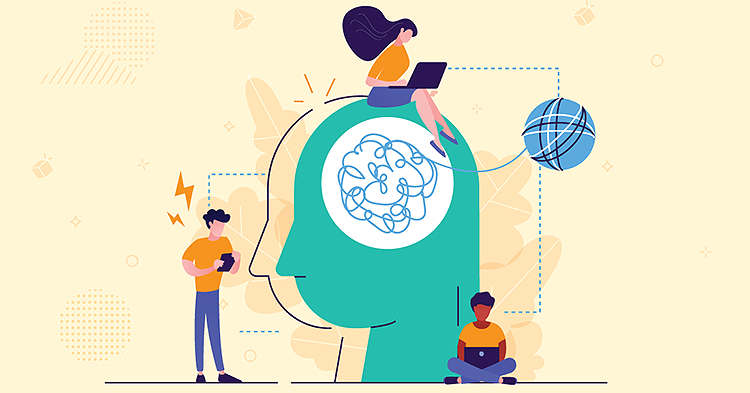
Originally published in TEACH Magazine, January/February 2021 Issue
This past year was a tough one, with COVID-19 presenting many difficult challenges to the education community and beyond. Most notable were the drastic impacts the pandemic had—and continues to have—on mental health. With the start of a new year, however, comes the opportunity for change and new beginnings. Here are some apps to help students and teachers alike take a fresh approach to their mental health in 2021.
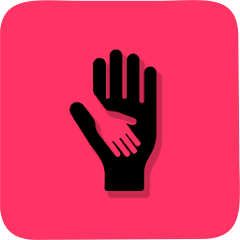
What’s Up
(Free – iOS, Android)
What’s Up utilizes Cognitive Behavioural Therapy (CBT) and Acceptance Commitment Therapy (ACT) methods to aid adults and teenagers in coping with depression, anxiety, stress, and anger. The app includes a diary, a mood and habit tracker, and a “grounding” game with 100+ questions to help users stay in the present moment when anxiety is taking over. A “Coping Strategies” section asks users to identify and challenge their unhelpful thinking patterns, and also offers simple steps that they can take to start moving forward. Links to useful websites and additional resources are provided as well, which are tailored to the user’s location.
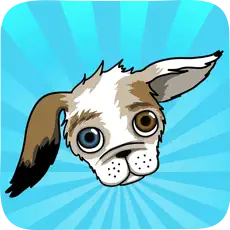
Bouncy the People Trainer
(Free – iOS, Android)
In this social-emotional training app, children ages 4–6 can play along with Bouncy, a three-legged dog who trains young learners to be strong and resilient when facing challenges. Kids begin by choosing from over 1000+ possible combinations of eye, skin, hair colours and clothes to create their own avatar. They follow Bouncy through five different levels of games, lessons, and exercises designed to teach about perseverance and positive thinking. Educators can also purchase the “Teacher Edition” of the app, which includes a Teacher’s Guide filled with lesson plans and extension activities, a built-in data manager to track student progress, and other additional resources.
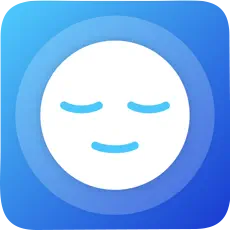
MindShift
(Free – Website, iOS, Android)
Developed by Anxiety Canada, this app was created using proven CBT strategies to help high school students and adults manage their stress and anxiety, as well as reorient their ways of thinking. Users can record their mood and anxiety levels in a Thought Journal, listen to guided mindfulness meditations, and set goals to keep themselves motivated. The app also has a Quick Relief section to ease anxiety fast, with tools that encourage users to take a breath and ground themselves, or get help if they’re in a crisis. Users also have access to a selection of “challenges” designed to help them face their fears, step outside of their comfort zone, and maintain healthy habits.
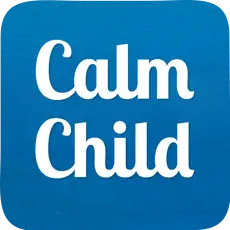
Calm Child
(Free – iOS)
This app was designed by a child psychologist to help children ages 4+ cope with their fears and anxieties. It features seven stories that are all told by children, to help young listeners connect and emphasize with the emotional journey of the narrator. Each story focuses on a different issue—such as jealousy, excessive anger, social anxiety, or difficulty falling asleep—and uses meditative activities to help address each problem. The stories are also meant to set the stage for follow-up conversations, to encourage children to speak up about their thoughts and worries.
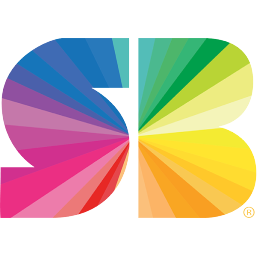
SuperBetter
(Free – Website, iOS, Android)
Intended for anyone over 13 years of age, SuperBetter is an app to help manage anxiety, depression, chronic pain, PTSD, and more. Users adopt a secret identity and select a challenge that they want to overcome (aside from tackling the issues already mentioned, the list also includes options such as: eating healthier, lowering stress, increasing energy, sleeping better, etc.). The app then presents a variety of “quests” that users complete to build resilience and achieve their goals. Users can invite their friends to join the app, and even meet new ones through the app’s community group.
